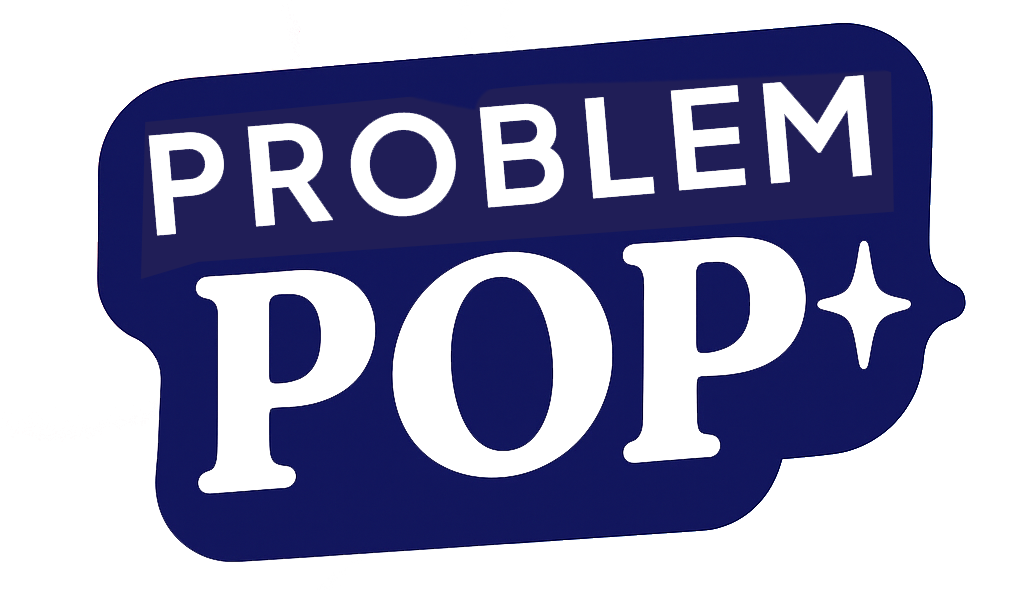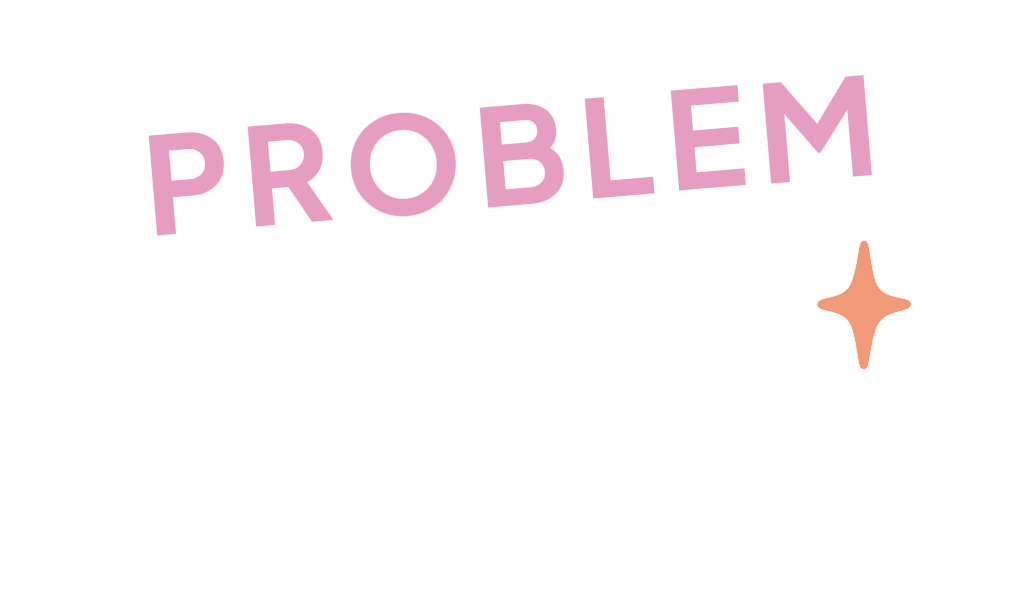Is 'No Competition' a Red Flag? Why Finding Rivals is a Good Thing
Here's the uncomfortable truth: if you genuinely have zero competition, you're either the next Steve Jobs or you've stumbled into a market that doesn't actually exist. Spoiler alert: most of us aren't Steve Jobs.
When Everyone Says "There's No Market For That" — Is It Brilliant or Bonkers?
"We couldn't find any competition," the fresh-faced founder said, beaming with pride as if he'd just discovered the business equivalent of antimatter. I nodded, smiled politely, and took a long, contemplative sip of my overpriced coffee to avoid saying what I was actually thinking: "Oh, you poor, doomed bastard."
Look, we've all been there. That eureka moment where you genuinely believe you've discovered an untapped goldmine that somehow eluded the collective intelligence of seven billion humans and several centuries of capitalism. It's a special kind of founder delusion — one I've worn like a comfortable jumper many times myself.
The absence of competition feels like validation. It's not. More often, it's the market politely coughing and mumbling, "There might be a reason for that, love."
The Competitive Void: Paradise or Purgatory?
When you can't find competition for your brilliant idea, you're facing one of two scenarios. Either you're a visionary genius who's spotted something truly revolutionary (statistically unlikely, sorry), or — and I say this with all the tough love of someone who's walked into this trap face-first — there's no market.
The truth is, most successful businesses aren't born from radical innovation but from thoughtful iteration. Facebook wasn't the first social network. Google wasn't the first search engine. They just did it better.
Having competitors is actually a comforting sign. It means someone else has already done the expensive, time-consuming work of proving people will pay for what you're building. They've established that the problem exists and is painful enough that solutions are worth money. That's not a barrier — it's a gift wrapped in a bow.
Blue Ocean Strategy or Just... Empty Waters?
Every founder has, at some point, name-dropped "Blue Ocean Strategy" in a pitch meeting. (And we've all nodded sagely while secretly wondering if we should have actually read the book instead of just the Wikipedia summary.) The idea is seductive: why compete in bloody, shark-infested red oceans when you can sail into untouched blue waters?
But here's what they don't tell you in those glossy business books: some oceans are empty because they're the maritime equivalent of a barren wasteland. No sharks, sure, but also no fish, no coral, no ecosystem — just you, bobbing alone on your startup raft, slowly realising that "first-mover advantage" sometimes just means "first to discover there's nothing here."
After watching my own luxury homeware dreams evaporate partly because I'd dramatically overestimated the size of my "blue ocean," I've become somewhat allergic to the phrase. Market validation isn't just nice to have — it's essential oxygen.
The Difference Between "No Competition" and "No Market"
The statement "we have no competition" often translates to one of these underlying realities:
- You haven't looked hard enough (trust me, they're there, hiding in plain sight).
- You've defined your category so narrowly that of course no one else fits it ("we're the only AI-powered blockchain sustainable pet food delivery service for left-handed dachshunds").
- People don't actually need or want what you're building (the most likely and most painful truth).
- The economics fundamentally don't work (others tried and quietly disappeared).
- The regulatory or technical barriers are insurmountable (and you just haven't hit them yet).
The distinction matters enormously. Finding yourself in a genuine blue ocean requires evidence of an underserved need, not just the absence of identical solutions. This is why it's crucial to assess whether a problem is actually worth solving before diving headfirst into an empty market.
Finding Competitors When They're Playing Hide and Seek
If you're convinced your idea has legs but can't spot the competition, you're probably looking too narrowly. Your competition isn't just the identical product; it's anything solving the same fundamental problem.
Spotify's competition isn't just Apple Music and Tidal — it's also vinyl records, radio, podcasts, and the bloke playing acoustic covers in the pub. Your competition is how people are solving the problem now, not how you imagine they should be solving it.
Here's how to expand your competitive radar when it feels like you're alone in the market:
- Think substitutes, not just direct competitors (pen and paper is competition for note-taking apps).
- Follow the money — track where potential customers currently spend on solving this problem.
- Ask "what would they do if your solution didn't exist?" The answer is your competition.
- Look internationally — your "revolutionary" idea might be thriving in Singapore or Stockholm.
- Consider adjacent industries that could easily pivot into your space (and crush you with their existing resources).
When "No Competition" Might Actually Be Good (Rare, But Possible)
I'm not suggesting that every uncontested market is a mirage. Sometimes — rarely, but sometimes — you do find genuine whitespace. But even then, the absence of competition is only promising if you can tick these boxes:
- You've identified a clear, significant pain point that's provably felt by many people.
- Current solutions are so inadequate that they're barely worth mentioning.
- You understand precisely why this opportunity has remained untapped (technological limitations that have only recently been overcome, regulatory changes, etc.).
- You have unique capabilities or insights that others would struggle to replicate.
- You've tested willingness to pay, not just willingness to use.
Validating When There's Nothing to Compare Against
If you're pioneering genuinely new territory, validation becomes both more difficult and more crucial. Without competitors to provide market signals, you'll need to be even more rigorous in your approach.
The way forward isn't through more elegant pitch decks or passionate monologues about your vision. It's through methodical, honest testing:
- Create a "fake door" test — advertise your solution before building it and measure click-through and sign-up rates.
- Build a minimal version and charge money for it immediately (even if it's embarrassingly basic).
- Find the closest analogous products in different industries and study their adoption patterns.
- Conduct time-and-motion studies to quantify the exact cost of the problem you're solving.
- Ask potential customers to rank your concept against their existing solutions, including "do nothing."
The goal isn't to prove yourself right. It's to quickly discover if you're wrong before you've invested your life savings, relationships, and mental health in a beautiful illusion.
The Competitive Paradox: Why You Should Want Rivals
There's a delicious irony to startup life: the presence of competitors actually makes your job easier in many ways. They've helped educate the market about the problem. They've established pricing benchmarks. They've made mistakes you can learn from without the personal scars.
And crucially, they help you position yourself. It's far easier to explain "We're like X but with Y advantage" than to explain an entirely novel concept from scratch. Competitors provide the cognitive shortcuts that make your marketing infinitely more efficient.
When I launched my ill-fated luxury homeware brand, I was convinced our "unique" positioning would shield us from competition. In reality, it just meant I had to work twice as hard explaining what we were, while established brands could focus on explaining why they were better. The lack of competition didn't make marketing easier — it made it exhaustingly difficult.
When to Persist Despite the Warning Signs
If you've done your homework and still believe in your no-competition concept, here's how to proceed without blindly marching into the abyss:
- Start absurdly small — find the single most painful use case and solve just that.
- Be pathologically cheap until you have paying customers (my biggest regret was not following this rule).
- Set clear, non-negotiable milestones for validation before each new investment of time or money.
- Maintain a "kill switch" mentality — define exactly what would make you walk away, before you're too emotionally invested to see clearly.
- Build a kitchen cabinet of brutally honest advisors who have no stake in agreeing with you.
The willingness to pivot or walk away isn't weakness — it's the superpower that might eventually lead you to genuine opportunity. Business research shows that billion-dollar ideas are built on problem-solving, not brainstorming, and that patterns in complaints, frustrations, or inefficiencies represent growth gold, according to Forbes.
Consumer behavior has permanently shifted post-pandemic, defined by a "bring-it-to-me" mindset and unexpected trade-offs across categories. Food delivery's share of global food service spending skyrocketed from 9% in 2019 to 21% in 2024, proving that the demand for convenience has become a powerful and lasting economic force, according to McKinsey. This demonstrates how market validation requires understanding not just what people say they want, but how their actual behavior reveals true demand.
The Lonely Truth About Innovation
Let's end with some uncomfortable honesty: true innovation is rare. Most successful businesses aren't revolutionary; they're evolutionary. They take existing ideas and make them better, faster, cheaper, or more pleasant to use. They solve known problems more effectively rather than discovering entirely new problems.
If you're convinced you've found virgin territory, approach it with the appropriate mixture of excitement and terror. You might indeed be standing at the frontier of something magnificent. Or you might be lost in the woods, mistaking the absence of footprints for the discovery of paradise.
The market has a frustrating habit of being smarter than any individual founder. If it's telling you something through the absence of competition, at least have the humility to listen carefully before deciding it's wrong. Remember that you can discover customer pain points in unexpected places, which might reveal that your "empty" market is actually full of hidden competitors addressing the same underlying need.
After all, the gravestones of failed startups are littered with the epitaph: "No one else was doing this." What they don't mention is the unwritten second line: "...for a reason."






